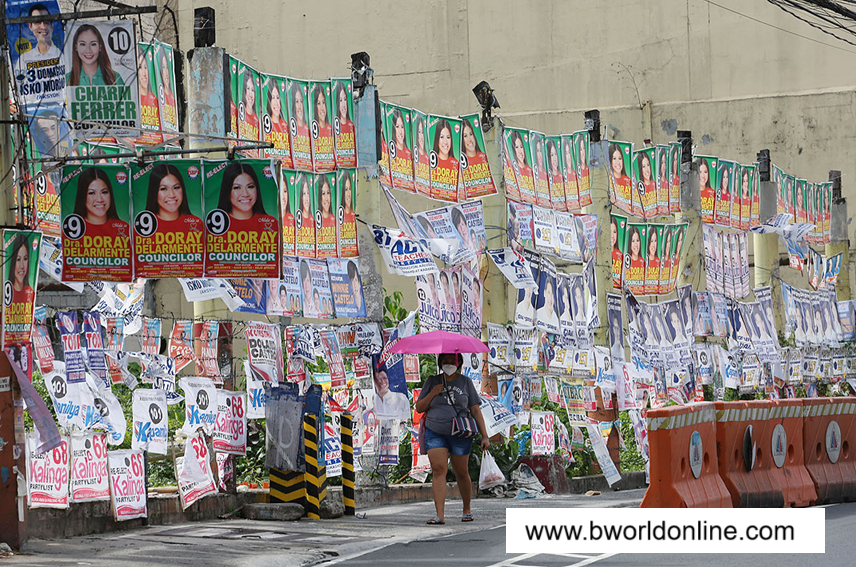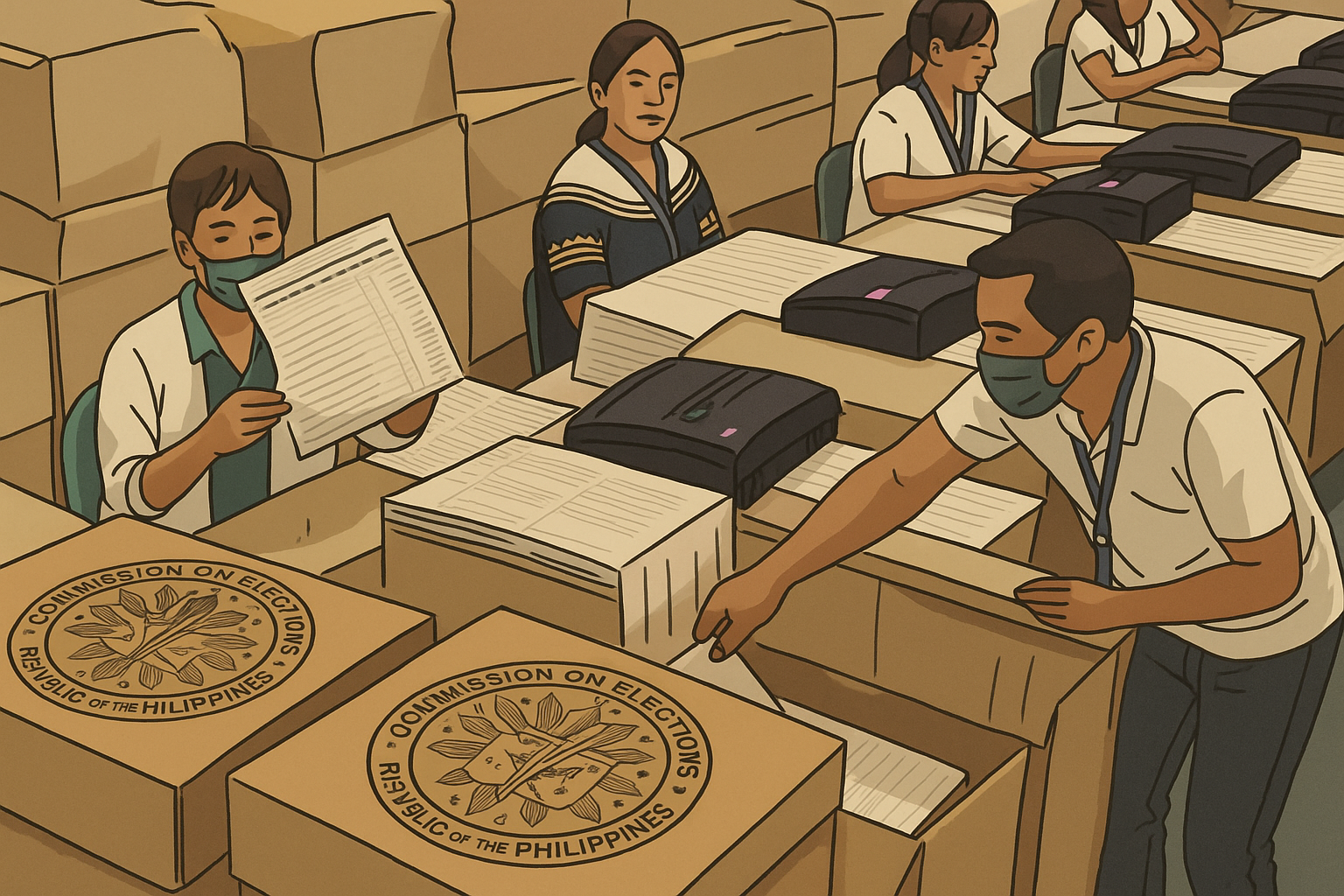Why Dynasties Keep the Poor, Poor: A Look into the Philippines' Political Trap
Poverty Isn’t Just a Lack of Money—It’s About Power
In the Philippines, poverty often persists not because of a lack of funds, but because of how power is concentrated. One major factor? Political dynasties—families who have ruled over communities for generations, passing public positions as if they were family heirlooms.
A 2022 study by Mendoza, Beja, Venida, and Yap reveals how these dynasties aren’t just keeping political control—they also own businesses and are deeply connected to the persistent poverty in many provinces.
"Political dynasties are not only symptoms of inequality—they are systems that perpetuate it."
Roving Bandits: When Dynasties Exploit Public Resources
In provinces outside Luzon, especially in parts of Visayas and Mindanao, political dynasties are often tied to extractive industries such as mining, logging, and quarrying. These sectors generate profit, but rarely create inclusive growth.
The study describes these leaders as roving bandits—leaders who exploit government resources for short-term personal gain. Roads are built not to connect communities but to reach mining sites. Programs exist more for political display than impact.
![Image suggestion: Photo of poorly maintained roads near mining operations with election posters in the background]
Stationary Bandits: The More "Organized" Face of Dynastic Rule
In economically stronger areas like Luzon, dynasties are still dominant but face more pressure from active business sectors and civil society.
Here, they act as stationary bandits — allowing development projects as long as they also benefit. These places may look more progressive, but power still rotates among the same families.
"Where competition exists, dynasties adjust their strategy—but the game is still theirs."

Politicians as Business Owners: A Dangerous Combination
One of the most striking findings of the study is this: when politicians own businesses, poverty increases.
Why? Because they can:
Rig procurement processes
Limit competition
Use government funds to benefit private ventures
Control labor, land, and local economies
This creates a distorted economy where only those close to power benefit, and the rest are left with poor services and limited opportunities.
The Constitutional Trap: Why Dynasties Still Reign
The 1987 Philippine Constitution actually prohibits political dynasties. But here’s the trap: it requires an enabling law to be enforced. And for more than three decades, Congress has failed to pass such a law.
Why? Because a significant portion of lawmakers are members of dynasties themselves. It's a system designed to protect itself. Reform is blocked from the inside.
"It’s hard to change the rules when the referees are also the players."
Breaking the Cycle: What Can We Do?
This isn’t a hopeless situation. But it requires more than programs or projects. It needs:
Voter education to help people see the long-term impact of their choices
Independent media and civic groups to expose abuse of power
Educational institutions free from political control, guiding development based on evidence
Public pressure for real electoral and economic reform
"Progress doesn’t begin with more roads or buildings. It starts with people demanding better leadership."

Final Thought
Political dynasties, if left unchecked, will continue to shape our communities in ways that benefit the few and harm the many. They do not just reflect inequality—they create and sustain it.
No community can truly rise while power remains in the same hands generation after generation. It's time to break the cycle—with awareness, courage, and collective action.
